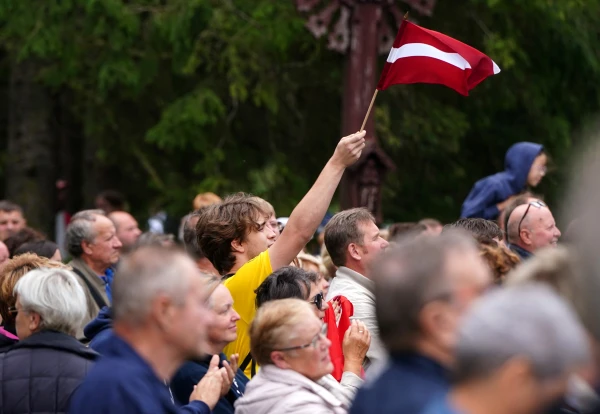
'Article 2 of the Satversme states that the sovereign power of the Latvian state belongs to the people of Latvia. The question is: what is included in the concept of 'People of Latvia?'
Who are they - only citizens of Latvia? All residents permanently living in Latvia and speaking Latvian? All those who feel their belonging to Latvia, its culture, values, and traditions? Or is it something else? Reader of bb.lv
Ombudsman’s Office:
– The meaning of Article 2 of the Constitution, which states that the sovereign power of the Latvian state belongs to the people of Latvia, is that the people of Latvia themselves form their will and determine how the state will be organized. Therefore, the term 'people' should be considered not as an ethnic, ethnographic, or social group, but as a political-legal term defining a group of subjects endowed with the ability to determine how the state should be organized.
From this, it follows that the concept of 'People of Latvia' includes all those who are legally connected to the Latvian state. Or, more precisely, express their belonging to the state through citizenship.
Historically, when adopting Article 2 of the Constitution, the following interpretation of the concept of 'Latvian nation' was given: '...the nation consists of all citizens. But not all citizens can participate in the exercise of sovereignty. The exercise of sovereignty belongs to voters, i.e., those citizens who, based on the Constitution or electoral law, can fully participate in parliamentary elections or referendums. The nation in this special sense denotes the same thing – a community of voters, i.e., not a community of all citizens, but a community of all political citizens.'
It should also be noted that the people of Latvia, as bearers of sovereign power, consist of two elements. The first of these is representatives of the Latvian nation, who are connected to the Latvian state through social-political and national identity, and the overwhelming majority are also connected by legal ties (citizenship).
The second element is representatives of other ethnic and national communities, connected to the Latvian state legally (through citizenship).
It should also be noted that the concept of 'people of Latvia' includes not only all politically full-fledged citizens of Latvia but also those who do not have political rights. These are minors, individuals who have lost their rights by court decision, and other categories of residents.




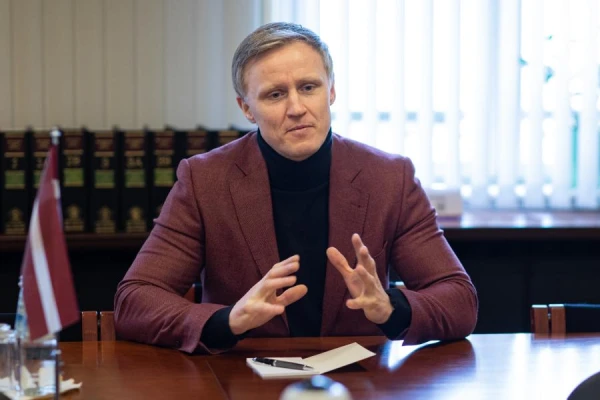
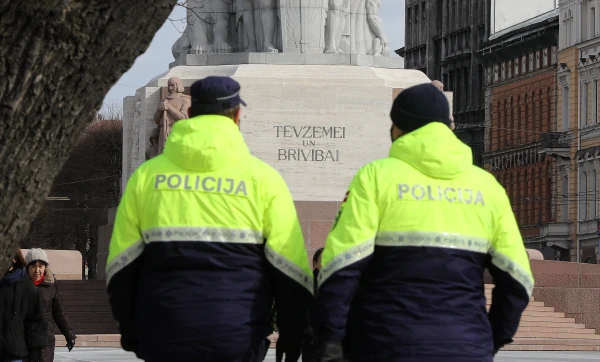

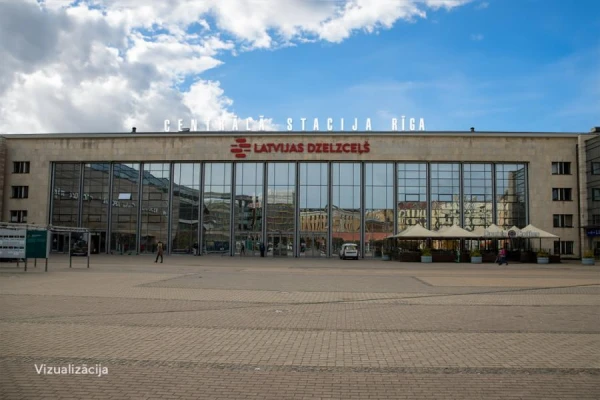

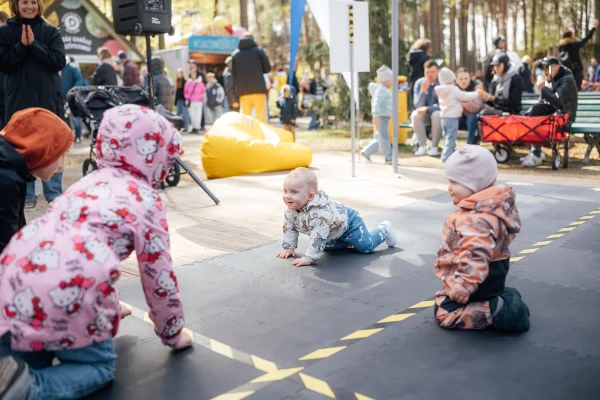

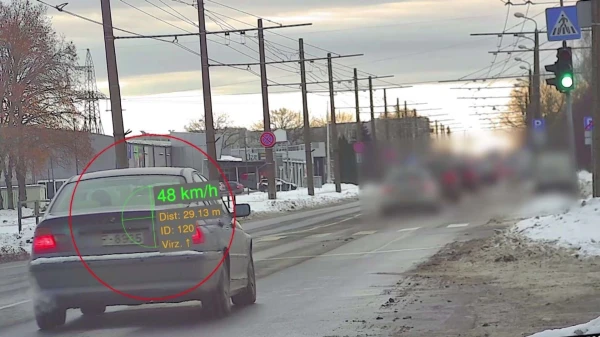



Leave a comment